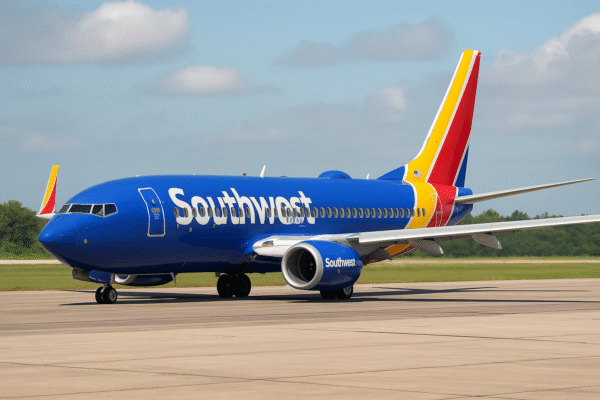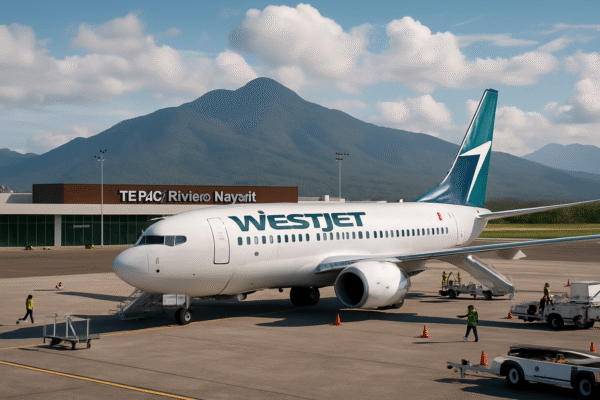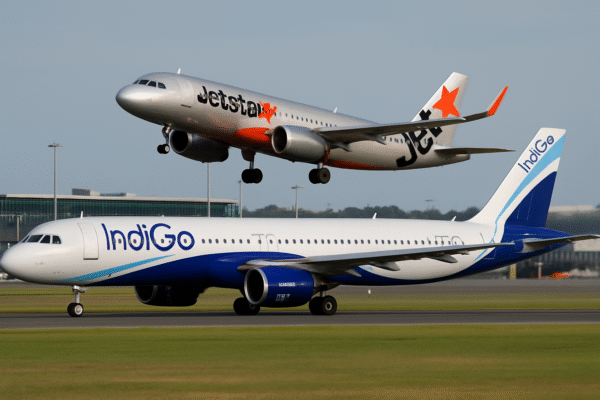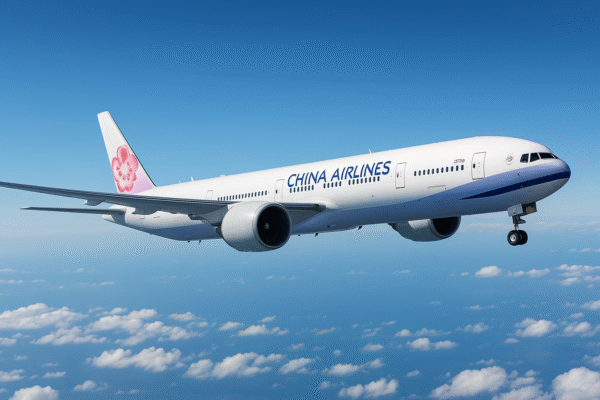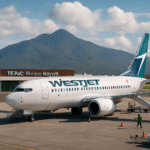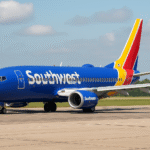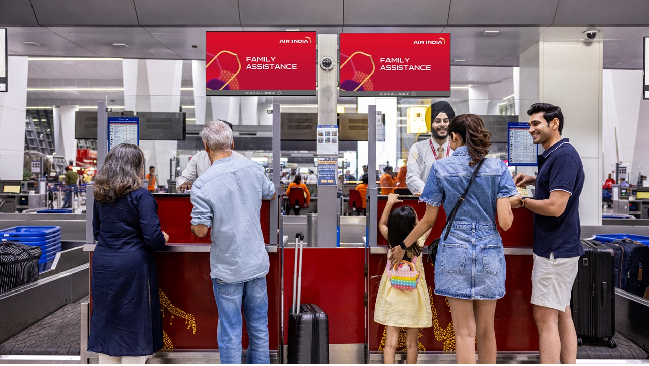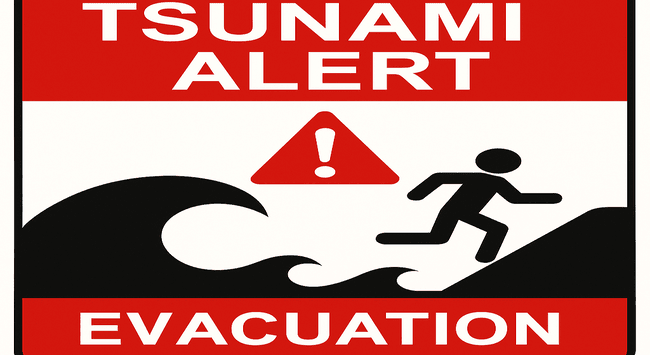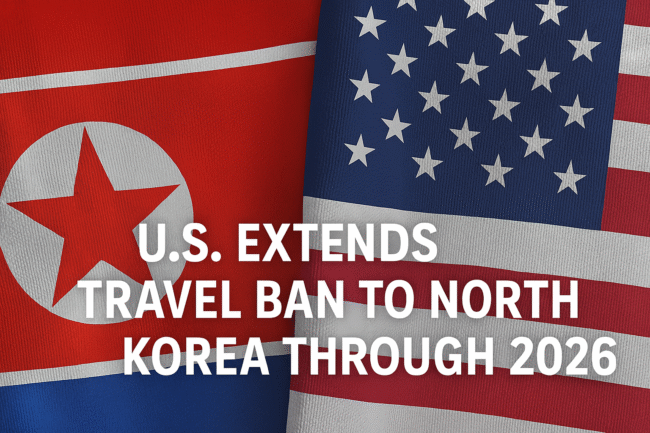Southwest Airlines is charting a bold new course for its international growth, announcing the planned launch of nonstop service to St. Thomas in the U.S. Virgin Islands, expected to begin by early 2026. The new route, which will operate to Cyril E. King International Airport (STT), is subject to final regulatory approval, with ticket sales expected to open in the coming months.
St. Thomas will become Southwest Airlines’ ninth island destination in the Atlantic Basin, underscoring the airline’s continued push into tropical tourism markets. The U.S. Virgin Island will join an existing portfolio of sun-soaked getaways including Aruba, The Bahamas, Cayman Islands, Cuba, Dominican Republic, Jamaica, Puerto Rico, and Turks and Caicos.
This move is part of a broader 2026 expansion strategy that includes three new destinations, with St. Thomas being the first announced. The airline is simultaneously strengthening its foothold in Latin America, offering service to Belize, San José and Liberia in Costa Rica, and Cancun, Cozumel, and Puerto Vallarta in Mexico—markets that have seen steady tourism growth fueled by U.S. leisure travelers.
Why St. Thomas?
Strategically, St. Thomas is a smart addition to Southwest’s growing Caribbean roster. As a U.S. territory, it offers American travelers the unique advantage of passport-free entry, simplifying travel logistics for families, groups, and spontaneous vacationers. The destination also benefits from increasing interest in eco-tourism, beach resorts, duty-free shopping, and cultural heritage tourism, especially among U.S. travelers looking for convenient island escapes.
With demand for Caribbean getaways surging—especially among budget-conscious travelers looking for direct flights—Southwest’s entry into the U.S. Virgin Islands comes at a pivotal time. According to the U.S. Virgin Islands Department of Tourism, the territory welcomed over 800,000 air arrivals in 2023, and that number is projected to rise in 2025–2026 with enhanced airlift and hotel development.
Service Upgrades Coincide with Expansion
Alongside this destination growth, Southwest is preparing for a major transformation in its onboard experience. In a significant departure from its traditional open boarding policy, the airline will introduce assigned seating starting in late 2025, followed by premium seating options with extra legroom in early 2026. These upgrades will be integrated into a reconfigured cabin design, part of a fleet modernization rollout aimed at improving passenger comfort, flexibility, and long-haul travel appeal.
“Travelers today expect more than just competitive fares—they want a quality experience from takeoff to landing,” said a Southwest spokesperson. “By investing in our network and in-cabin services, we’re evolving while staying true to our values of affordability and hospitality.”
Economic and Tourism Benefits for the Region
The launch of direct flights to St. Thomas is expected to generate significant economic benefits for the U.S. Virgin Islands, including increased visitor arrivals, job creation in the hospitality sector, and growth opportunities for local tourism operators. In a recent statement, the Virgin Islands Port Authority welcomed the news, stating that the new service aligns with the region’s strategy to strengthen airlift from key U.S. cities.
According to the Caribbean Tourism Organization (CTO), regional destinations that expand direct connectivity with U.S. carriers tend to see a 10–20% increase in American tourist arrivals within the first year. As a low-cost carrier, Southwest’s arrival in St. Thomas could make the destination more accessible to families and travelers from secondary U.S. markets that lack legacy airline service.
A Broader Strategy for Latin American Reach
Beyond the Caribbean, Southwest continues to explore high-growth destinations across Central America and Mexico. The airline’s Costa Rica service—to both San José and Liberia—has become a top choice for U.S. travelers heading to the country’s ecotourism hubs. Meanwhile, the Mexican resort cities of Cancun and Cozumel remain among the most trafficked international leisure routes in the U.S. market.
Southwest’s approach caters to modern travelers seeking short-haul international flights that combine warm climates, affordable packages, and cultural experiences—a segment that has grown consistently post-pandemic.
Looking Ahead: A New Chapter for Southwest
St. Thomas is only the beginning. The airline has hinted that two more new international destinations will be revealed later this summer, part of a dynamic strategy that positions Southwest to compete more aggressively in the vacation and leisure space. This is a marked evolution from its primarily domestic roots, signaling a future-forward model built on diverse destinations, digital booking tools, bundled fare options, and premium amenities.
As leisure travelers prioritize flexibility, convenience, and affordability, Southwest Airlines is positioning itself to meet—and exceed—those expectations. Its expansion into the U.S. Virgin Islands and the broader Atlantic Basin is not only a strategic business move but also a significant win for American travelers eager for more tropical options with fewer barriers.
With nonstop St. Thomas flights arriving by early 2026, Southwest enters a new era of Caribbean connectivity, blending value with comfort while supporting tourism-driven economies across the region.
For more travel news like this, keep reading Global Travel Wire
